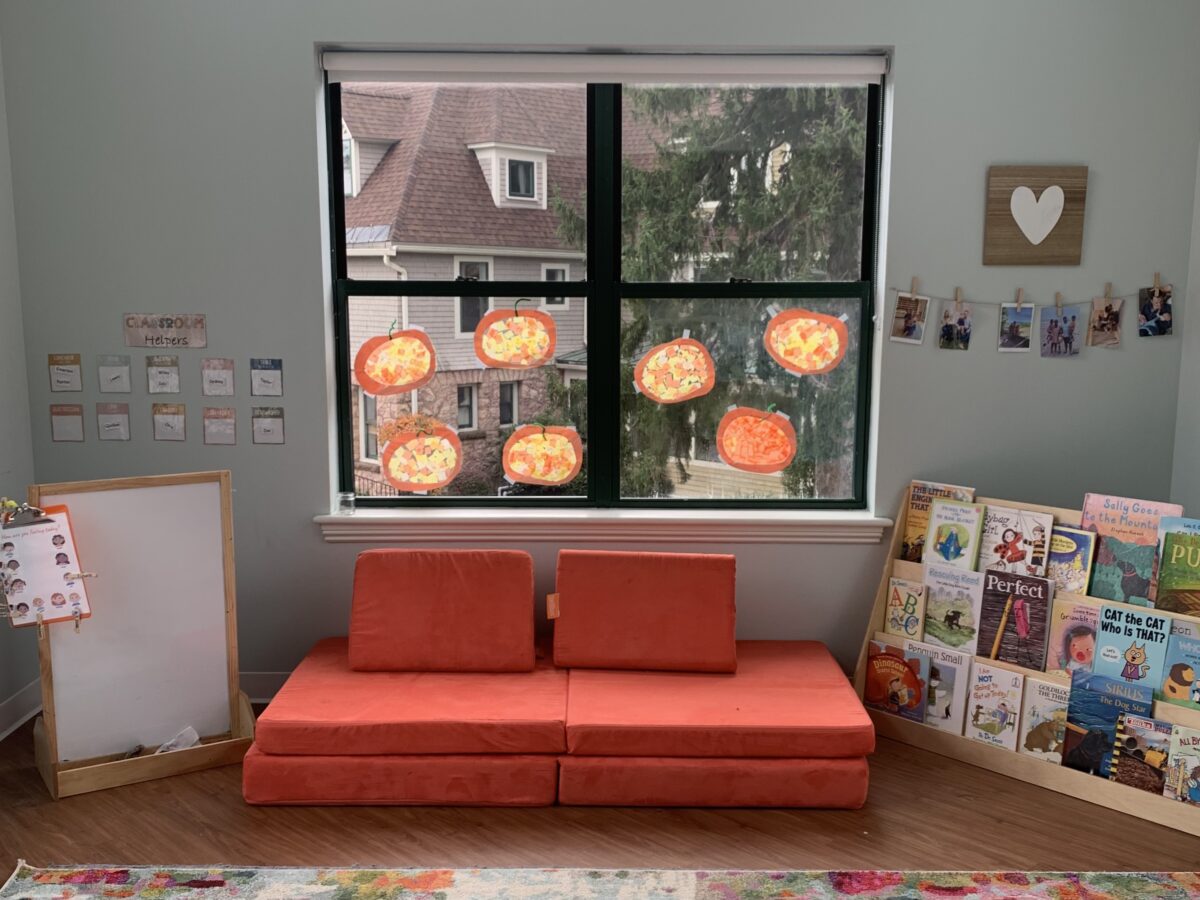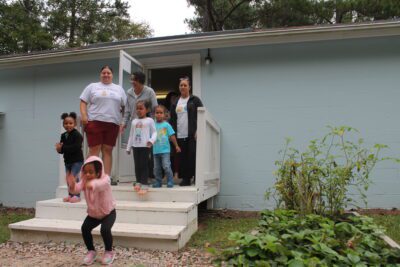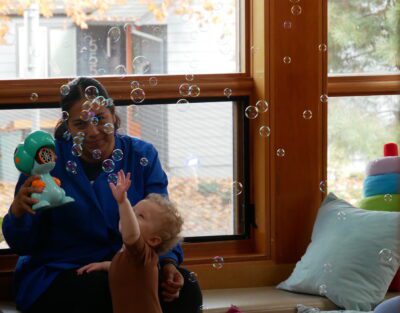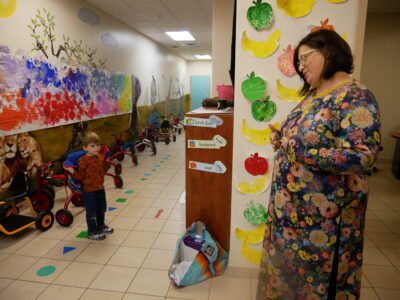

|
|
North Carolina has lost almost 4% of its licensed child care programs since the start of the pandemic, according to data provided by the NC Child Care Resource and Referral Council (CCR&R) in partnership with the NC Division of Child Development and Early Education (DCDEE).
Since February 2020, there has been a net loss of 203 licensed child care programs statewide — from 5,242 before the pandemic to 5,039 at the end of 2023.
And those losses are likely to accelerate this year.
Federal funding helped stabilize early childhood education in the state during the pandemic, but that funding expired in September 2023 and will run out for North Carolina after June 30.
A report from the Century Foundation estimated that 1,178 licensed child care programs in our state will close without intervention from the state or federal government.
What we know
Since the General Assembly approved a state budget in September 2023 that did not include a significant investment in early childhood education, licensed child care centers and family child care homes have been grappling with how they will keep their doors open beyond the summer funding cliff.
Shay Jackson, a licensed provider of a family child care home in Forsyth County, told EdNC, “They may possibly lose a great quality [program], because I am not gonna be able to sustain and I’m trying to think ahead. I’m literally like, updating my LinkedIn account.”
At the federal level, the U.S. House of Representatives overwhelmingly passed an extension of the child tax credit at the end of January. The bill’s future in the Senate is less certain. While that legislation could lift 400,000 children out of poverty and improve the economic circumstances of another 3 million children, it does not address the child care crisis directly.
The General Assembly’s short session begins on April 24, giving members barely two months to adopt policies that would prevent North Carolina’s child care system from the worst effects of going over the funding cliff.
EdNC is tracking program closures with a particular focus on three subgroups of counties — the two counties with high Indigenous populations, the eight counties in the northeastern corner of the state in which more than half of the population identifies as Black or mixed race, and the 18 counties in the southwestern corner of the state that make up the focus area of the Dogwood Health Trust. The trust was created in 2018 “to address the upstream factors that influence the wellbeing of individuals, families and communities: housing, education, economic opportunity and health & wellness.”
The data for the third quarter of the year (July-September) revealed that these three subgroups were bucking the statewide trend, with each showing modest net gains in their numbers of licensed child care sites.
But there were changes in the fourth quarter (October-December).
The Dogwood counties (Avery, Buncombe, Burke, Cherokee, Clay, Graham, Haywood, Henderson, Jackson, Macon, Madison, McDowell, Mitchell, Polk, Rutherford, Swain, Transylvania, and Yancey) officially have fewer licensed child care sites than before the pandemic. They went from 386 in February 2020 to 385 in December 2023.
More on the child care funding issue
The majority-Black counties (Bertie, Edgecombe, Halifax, Hertford, Northampton, Vance, Warren, and Washington) have seen a slight increase in the number of sites since the beginning of the pandemic. While individual counties have gained and lost sites in the time between the September 2023 data and December 2023 data, the overall number (204) has held firm.
The counties with high Indigenous populations (Robeson and Swain) have seen an overall increase in the number of sites since the beginning of the pandemic as well, from 99 to 105. It’s worth noting that there were 106 sites at the end of the third quarter, so the fourth-quarter data represent a slight decrease.
What we don’t know
The data provided by the CCR&R Council in partnership with DCDEE can only tell us about licensed child care, which does not include friend, family, and neighbor (FFN) care. FFN may be the care of choice for a variety of reasons having to do with quality — especially trust and cultural match — accessibility, and affordability. Data on FFN are hard to come by because they are outside of state regulatory structures.
EdNC recently published research from visits to five states who are leading the way on early childhood investment and policy. We identified four strategies — advocacy from the business community, grassroots organizing, streamlining governance, and identifying/creating new funding streams — that could help North Carolina regain its position as a leader for its youngest learners. We’ll be watching to see if local and state policymakers embrace any of these strategies (or others) in time to avoid the dire consequences of the funding cliff.








